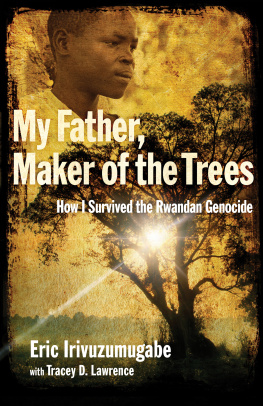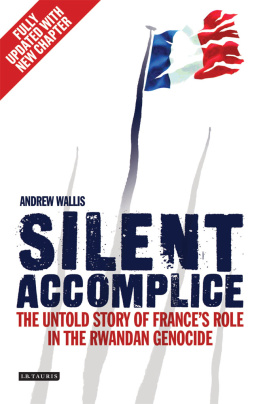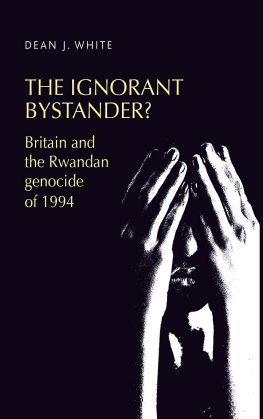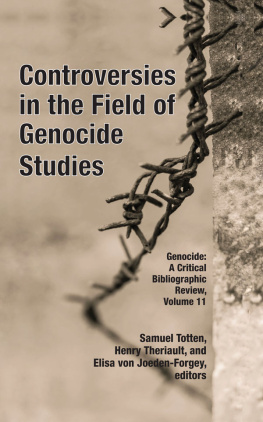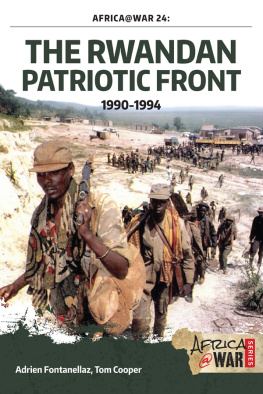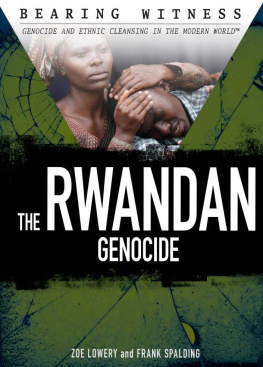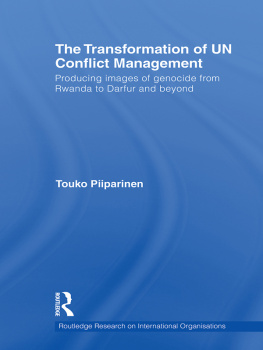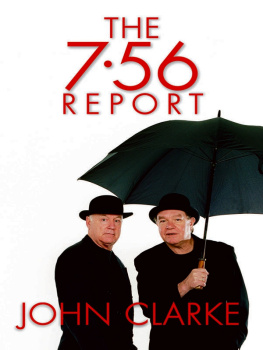British Media and the Rwandan Genocide
Throughout the 1990s, humanitarian interventionism sat at a crossroads, where ideas about rights and duties within and beyond borders collided with an international reality of civil conflict where the most basic human rights were violated in the most brutal manner. This growing awareness of humanitarian crises has been enabled by a more globalized media which increasingly shape public perceptions of distant crises, public opinion, and political decision-making.
Clarke examines the extent to which the public discourse, and particular concepts, including those of an ethical and legal nature, influenced British newspaper coverage of the 1994 crisis in Rwanda, and, in turn, the extent to which that coverage influenced the British Parliaments response to the crisis. Through his development and application of a broader methodological approach that combines both quantitative and qualitative analyses, the book offers a fuller understanding of the relationship between media coverage, parliamentary debate, and policy formulation, and the central role that the globalized media plays in this process.
Integrating ethics, law and empirical analysis of the media to obtain a more cohesive understanding of the chemistry of the media-public policy nexus, this work will be of interest to graduates and scholars in a range of areas, including Genocide Studies, the Responsibility to Protect, the Media and Politics, and International Relations.
John Nathaniel Clarke has served with the United Nations in a variety of political, humanitarian and developmental roles. He completed a PhD at Cambridge University (Peterhouse) and held a Post-doctoral fellowship at Yale University.
Global Institutions
Edited by Thomas G. Weiss
The CUNY Graduate Center, New York, USA
and Rorden Wilkinson
University of Sussex, Brighton, UK
About the series
The Global Institutions Series provides cutting-edge books about many aspects of what we know as global governance. It emerges fromour shared frustrations with the state of available knowledgeelectronic and print-wise, for research and teachingin the area.The series is designed as a resource for those interested in exploring issues of international organization and global governance. And since the first volumes appeared in 2005, we have taken significant strides toward filling conceptual gaps.
The series consists of three related streams distinguished by their blue, red, and green covers. The blue volumes, comprising the majority of the books in the series, provide user-friendly and short (usually no more than 50,000 words) but authoritative guides to major global and regional organizations, as well as key issues in the global governance of security, the environment, human rights, poverty, and humanitarian action among others. The books with red covers are designed to present original research and serve as extended and more specialized treatments of issues pertinent for advancing understanding about global governance. And the volumes with green coversthe most recent departure in the seriesare comprehensive and accessible accounts of the major theoretical approaches to global governance and international organization.
The books in each of the streams are written by experts in the field, ranging from the most senior and respected authors to first-rate scholars at the beginning of their careers. In combination, the three components of the seriesblue, red, and greenserve as key resources for faculty, students, and practitioners alike. The works in the blue and green streams have value as core and complementary readings in courses on, among other things, international organization, global governance, international law, international relations, and international political economy; the red volumes allow further reflection and investigation in these and related areas.
The books in the series also provide a segue to the foundation volume that offers the most comprehensive textbook treatment available dealing with all the major issues, approaches, institutions, and actors in contemporary global governanceour edited work International Organization and Global Governance (2014)a volume to which many of the authors in the series have contributed essays.
Understanding global governancepast, present, and futureis far from a finished journey. The books in this series nonetheless represent significant steps toward a better way of conceiving contemporary problems and issues as well as, hopefully, doing something to improve world order. We value the feedback from our readers and their role in helping shape the on-going development of the series.
A complete list of titles can be viewed online here: https://www.routledge.com/Global-Institutions/book-series/GI.
Millennium Development Goals (2018)
by Sakiko Fukuda-Parr
Sustainable Development Goals and UN Goal-setting (2017)
by Stephen Browne
Inside the United Nations (2017)
by Gert Rosenthal
International Institutions of the Middle East (2017)
by James Worrall
The Politics of Expertise in International Organizations (2017)
edited by Annabelle Littoz-Monnet
Obstacles of Peacebuilding (2017)
by Graciana del Castillo
UN Peacekeeping Doctrine in a New Era (2017)
edited by Cedric de Coning, Chiyuki Aoi, and John Karlsrud
First published 2018
by Routledge
2 Park Square, Milton Park, Abingdon, Oxon OX14 4RN
and by Routledge
711 Third Avenue, New York, NY 10017
Routledge is an imprint of the Taylor & Francis Group, an informa business
2018 John Nathaniel Clarke
The right of John Nathaniel Clarke to be identified as author of this work has been asserted by him in accordance with sections 77 and 78 of the Copyright, Designs and Patents Act 1988.
All rights reserved. No part of this book may be reprinted or reproduced or utilised in any form or by any electronic, mechanical, or other means, now known or hereafter invented, including photocopying and recording, or in any information storage or retrieval system, without permission in writing from the publishers.
Trademark notice: Product or corporate names may be trademarks or registered trademarks, and are used only for identification and explanation without intent to infringe.
British Library Cataloguing in Publication Data
A catalogue record for this book is available from the British Library
Library of Congress Cataloging in Publication Data
Names: Clarke, John Nathaniel author.
Title: British media and the Rwandan Genocide / John Nathaniel Clarke.
Description: Milton Park, Abingdon, Oxon ; New York, NY : Routledge, 2017. |
Series: Routledge global institutions series | Includes bibliographical references and index.
Identifiers: LCCN 2017013923| ISBN 9781138937321 (hardback) | ISBN 9781315675589 (ebook)
Subjects: LCSH: RwandaHistoryCivil War, 1994Mass media and the war. | RwandaHistoryCivil War, 1994AtrocitiesPress coverageGreat Britain. | GenocidePress coverageRwanda.
Classification: LCC DT450.435 .C53 2017 | DDC 967.57104/31dc23
LC record available at https://lccn.loc.gov/2017013923
ISBN: 978-1-138-93732-1 (hbk)
ISBN: 978-1-315-67558-9 (ebk)


